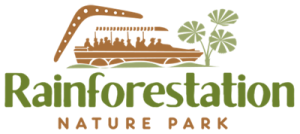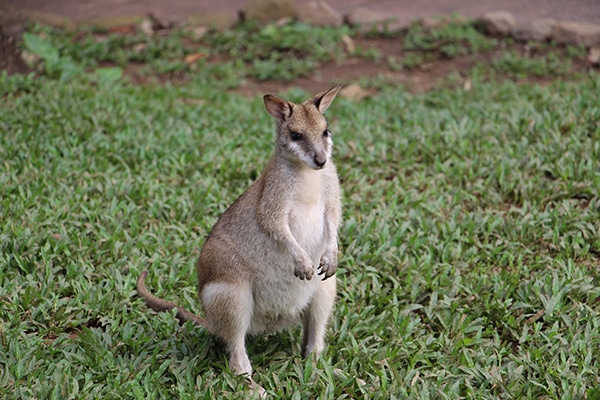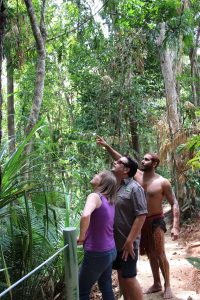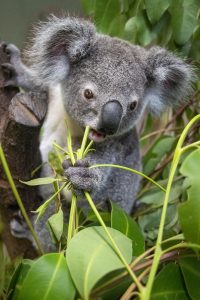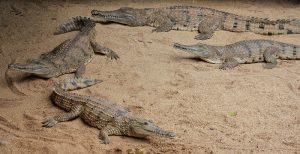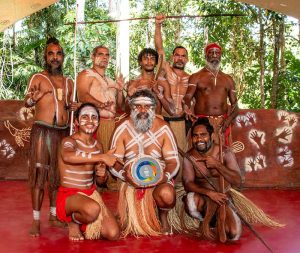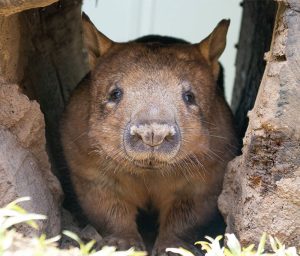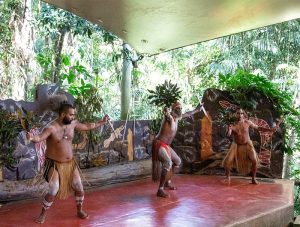We have plenty of agile wallabies up here at Rainforestation, so we thought we'd tell you a little more about them!
Their scientific name is Macropus agilis, and they are also known as the sandy wallaby.
They are often found in northern Australia and New Guinea. In fact, it's the most common wallaby in Australia's north!
The agile wallaby is a sandy colour on top, and are more pale underneath.
They are sometimes solitary and at other times sociable ... just like humans!
They graze on grasses and other plants.
Male agile wallabies are considerably larger than females. Their head and body length can be up to 85 cm (33 in) and they can weigh 16 to 27 kg (35 to 60 lb).
In comparison, the females grow to 72 cm (28 in) in length and weigh 9 to 15 kg (20 to 33 lb).
Both genders have long and flexible tails, which means their total length is double the head and body length.
Their ears are quite large, edged in black, and they also have some black at the end of their tail.
Our agile wallabies are very friendly, and will eat food right out of your hands ... they might even steal your bag of roo food if you're not looking!
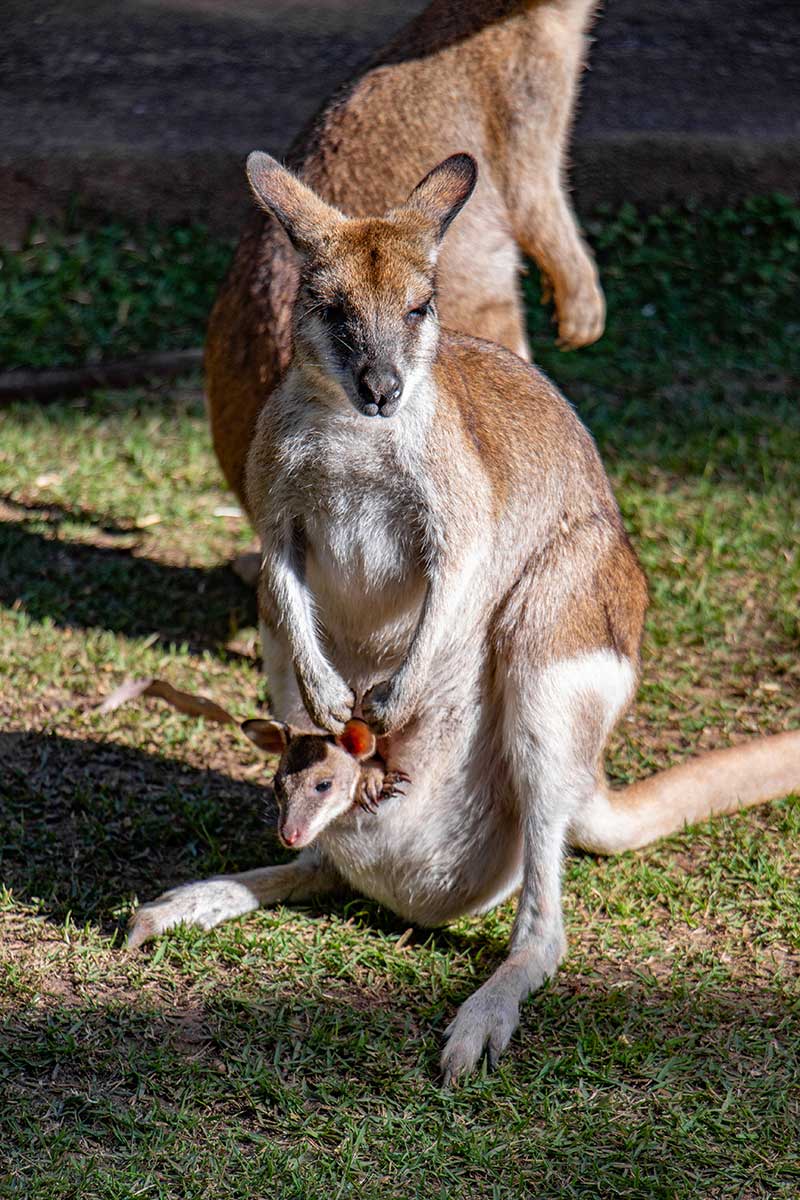

Wallabies: Fast Facts
- Wallabies are part of a group of mammals called ‘macropods’, which means ‘big-foot’.
- They have strong back legs with long feet. They hop on their back legs when travelling fast, using the tail as a balance.
- Wallabies are smaller than Kangaroos which are the largest members of the macropods.
- They often eat the leaves of bushes as well as eating grass and are active at night and rest during the day.
- Wallabies are marsupials, which means the young are born after a very short pregnancy and are tiny, blind and have no fur.
- The mother licks the fur on her belly, and as soon as it is born, the tiny creature climbs up along the damp fur pathway to the mother’s pouch.
- They are found in Australia, a few in New Guinea and there are different kinds of wallaby found throughout the country living in a variety of habitats.

